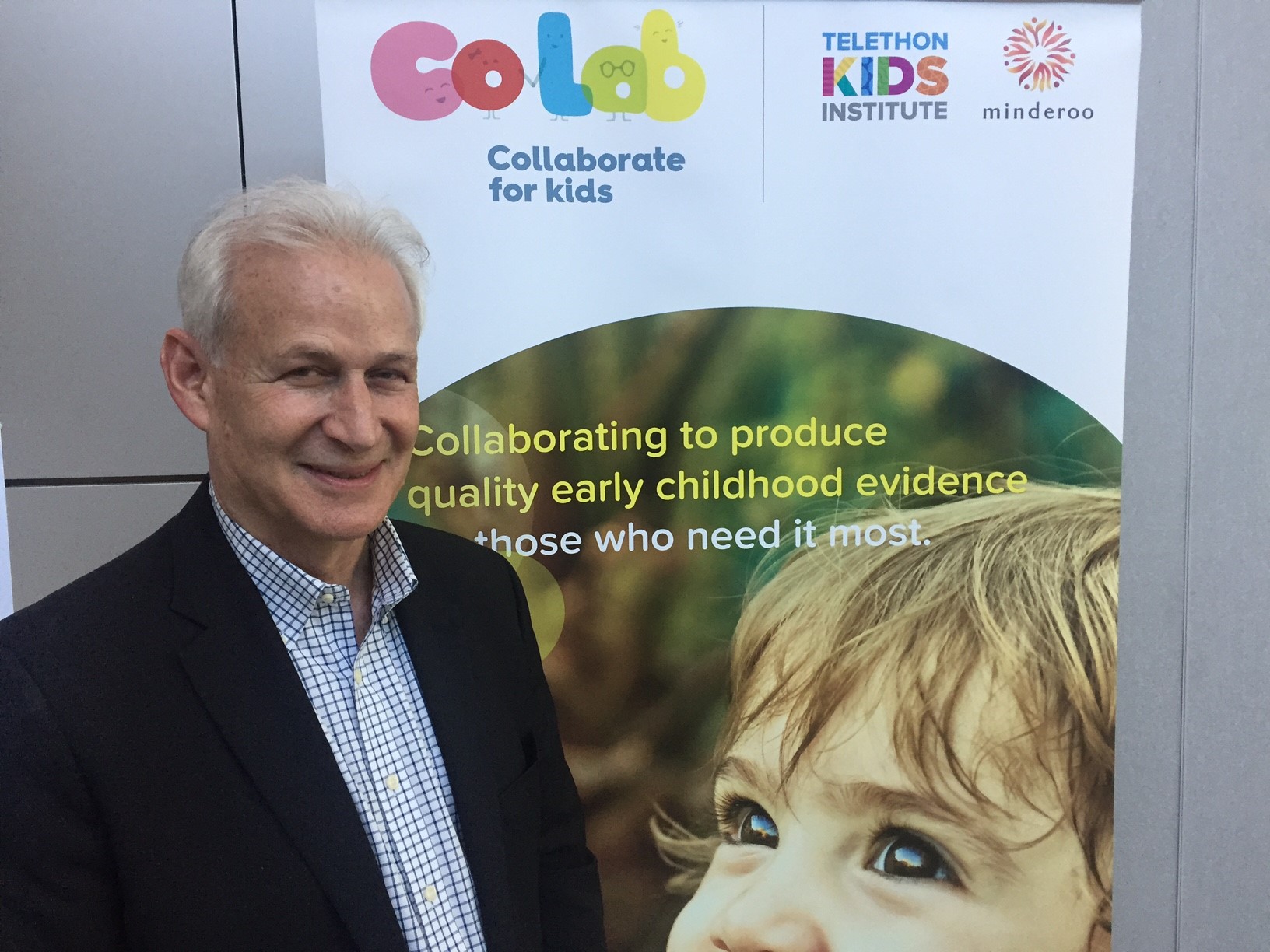Search

News & Events
International expert to bring together WA leaders to improve outcomes for kidsDr Jack Shonkoff, from Harvard University is visiting Perth this week as a guest of CoLab, Goodstart Early Learning and Child Australia.

News & Events
Australian researchers join international project to curb unhealthy lifetime trajectoriesAustralian researchers join global effort to better understand how events during pregnancy and childhood influence the development of disease later in life.

News & Events
The Kids researcher awarded prestigious EU Horizon 2020 grantProfessor Cate Taylor, is part of an International cohort of researchers to secure over €1.45million in grant funding from the EU’s Horizon 2020 programme.

News & Events
Grandparent education linked to grandkids’ NAPLAN resultsThe effects of educational advantage or disadvantage get handed down through the generations according to a new study by researchers at the The Kids.

News & Events
How to tell if your baby is meeting their social and developmental milestonesPaediatrician and researcher Dr Lana Bell shares some important milestones for social development to look out for in the first year of life.

News & Events
Bobbie brings baby’s brain to lifeA lovable blue creature by the name of Bobbie has won the hearts and minds of Western Australians.

News & Events
Chronic illness affects young children’s school readinessResearchers from the The Kids Research Institute Australia and UWA have found that young children with a chronic disease are more likely to fall behind their peers in a wide

News & Events
New research partnership to ensure no child gets left behindResearchers will track the progress of 12,000 children from birth to age five to identify what services are valuable to families to support the health and wellb

News & Events
The Kids Research Institute Australia researchers share in State Government science grantsFour The Kids Research Institute Australia researchers are among those who have received funding in the WA State Government's Merit Award Program announced today.

News & Events
Child development census shows most kids are on trackThe national report released today from the Australian Early Development Census (AEDC) shows that in 2015, most children in Australia were on track.
